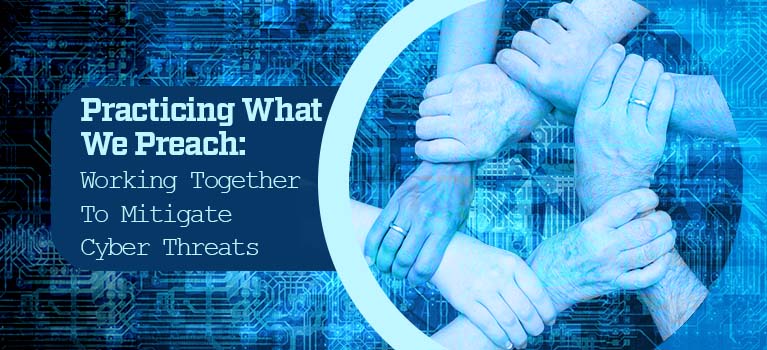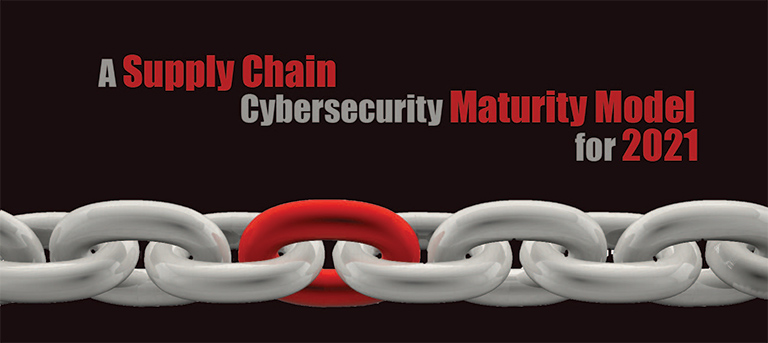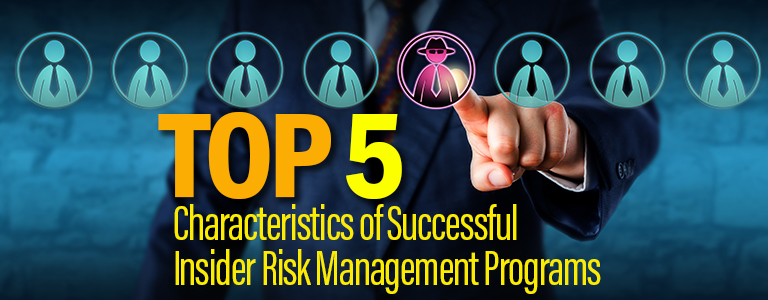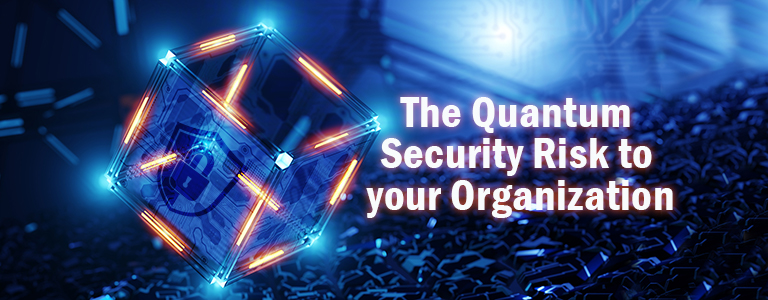Risk Mitigation
Cybersecurity: The Anatomy of Ransomware Attacks
Author(s):
Ricoh Danielson, Cyber Security Incident Responder,
Ransomware is a form of malware that utilizes a number of vectors to access computers. With the rise of cloud, mobile, and remote work, ransomware attacks have significantly increased as have ransom demands. An example of a common vector is phishing which is delivered via email and allows a threat actor to control a victim’s … Read more









